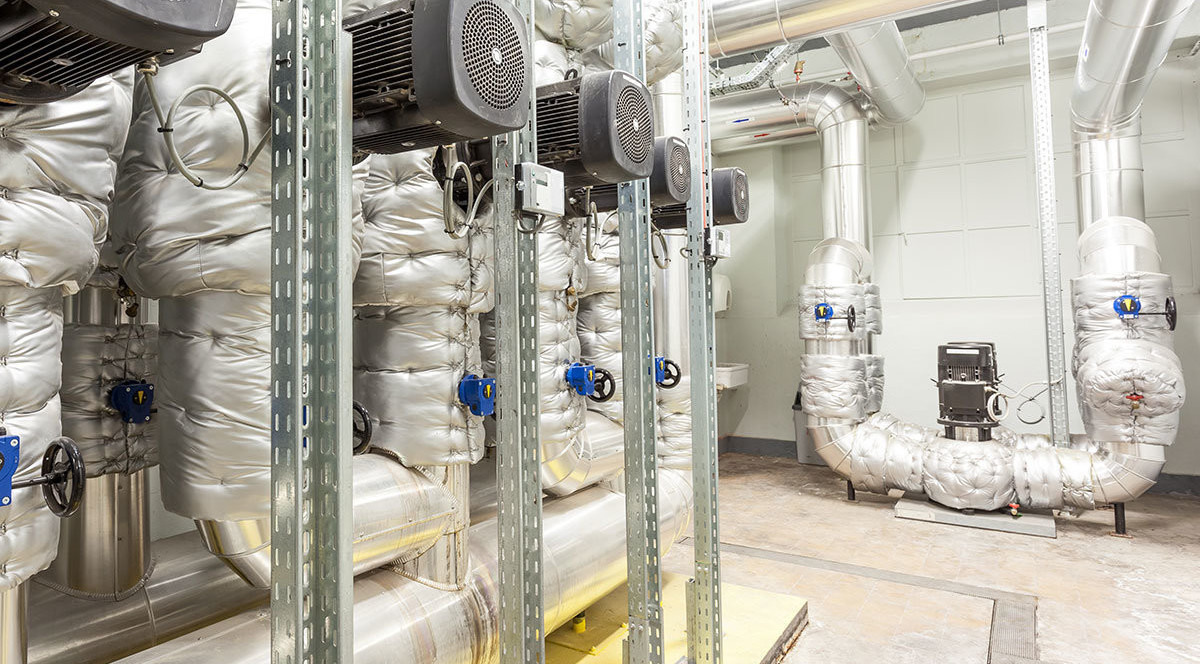Winter is on its way, and if you don’t prepare your boiler for the coming cold season, you risk both downtime and costly repairs.
Prepping your boiler for cold weather is smart because:
1. Boilers use water.
2. Winter is cold, often below 32 degrees, which causes water to freeze.
3. When water freezes, it expands.
If you don’t prepare your boiler for cold weather, you’ll likely end up with busted pipes, a boiler that doesn’t work, and a hefty bill.
Luckily, preparing your boiler for the coming cold season is simple. Here’s what you need to know, according to Steven Taylor, Director of Rental and Equipment Sales:
“Any line that does not have water flowing through it will freeze up.”
There are two ways you can prevent these lines from freezing.
1. Insulation
2. Heat tracing
Insulation is great for holding heat in, but by itself is not enough to prepare your boiler for freezing temperatures. Insulation is only effective when the area around the line is already warm enough to allow water flow. If the boiler goes down, and there’s no heat source to keep water above 32 degrees Fahrenheit, it will freeze and bust the pipe.
That’s where heat tracing comes in. Heat tracing is accomplished by running heated tubing around piping and insulating the pipe to keep the heat in. The heat from the tubing keeps the pipes above 32 degrees Fahrenheit, so the water inside doesn’t freeze.
At WARE, we typically use electric heat tracing. However, you can use steam heat tracing if you have a second source of steam. If the boiler is your only source of steam, you can’t use steam for heat tracing. Here’s why: if the boiler goes down, you lose the heat source being used to keep the water in it from freezing.
In addition to your boiler’s pipes freezing, controls can freeze as well...even while the boiler is running. This can cause the controls to give a false signal to the boiler, stating the boiler either has or has not satisfied its pressure, causing the boiler to shut off too soon or run for too long.
While winter is filled with many great things—Christmas, snow, hot chocolate—it can wreak havoc on your boiler if you don’t prepare. Getting your boiler ready for freezing temperatures isn’t complicated. Just remember: any line that does not have water flowing through it will freeze up. These lines must be heat traced and insulated to keep the water in them from freezing and your pipes from bursting. For more tips from Steven Taylor on preventing freeze-up on rental boilers, check out this video: https://www.youtube.com/watch?v=bu9CNOrpgJI
